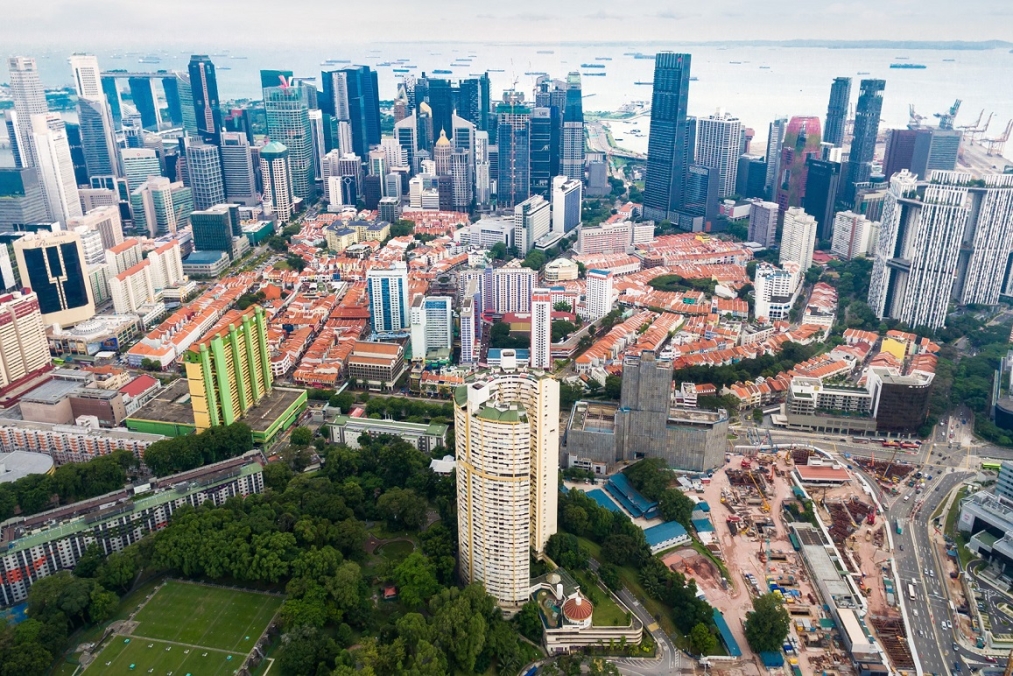
Singapore to buoy investment woes from dropped HSR project
Sector recovery and high GDP will still help property market growth, Colliers International said.
Malaysian prime minister Mahathir Mohamad intends to renegotiate the agreements with Singapore and China regarding, respectively, the planned high-speed rail connection between Kuala Lumpur (HSR) and Singapore and the Chinese-backed East Coast Rail Link. The reasons cited are the need to save money and inadequate benefits to the Malaysian people.
Colliers International executive director for research Andrew Haskins noted that this would not significantly affect China’s One Belt One Road (OBOR) initiative and consequently, real estate investments in Singapore.
Whilst Kuala Lumpur-Singapore HSR project is a result of the agreement between Malaysia and Singapore, Haskins said, “it is fair to say that the route is an integral part of the vision under the OBOR project of a network of high-speed rail connections across Southeast Asia.”
Also read: Derailed HSR project threatens Jurong's CBD dreams
He noted that the desire of the new Malaysian government to renegotiate both agreements is “disappointing for the OBOR project,” however, “renegotiation does not necessarily imply cancellation.”
“In any case, it is possible that the Malaysian government will revisit the plans for both railway lines in the future – perhaps under a new prime minister,” he added.
Moreover, the much shorter Rapid Transit System (RTS) Link, a 4km line intended to connect Johor Bahru in southern Malaysia with Woodlands North in northern Singapore, will probably go ahead, subject to a review of terms and conditions.
“In the near term, we think that Singapore remains the most attractive investment property market in Southeast Asia,” he said.
Singapore's property market is expected to stay buoyant in 2018, supported by broader GDP growth and a probable multi-year recovery in the underlying office and residential markets. Moreover, physical supply in the office, residential, and industrial sectors is also easing from the oversupply situation of past years.
"Capital flows should stay firm as we expect interest rate hikes to be benign and yield spreads are relatively attractive,” Haskins added.
Rents and prices in 2018 are expected to bar external shocks and improve over 2017. “Indeed, we predict growth in Premium and Grade A office rents in Singapore of 2018 to 10-12%. This is one of our highest forecasts for office markets in Asia,” he said.
Singapore is also the top urban real estate market in the ASEAN region. “Singapore is likely to retain this position for many years regardless of the success of OBOR. If OBOR results in continued long-run Chinese infrastructure investment in other Southeast Asian countries (even if Malaysia is not among them), Singapore will be the natural location for the regional headquarters of Chinese enterprises,” Haskins concluded.
























 Advertise
Advertise










